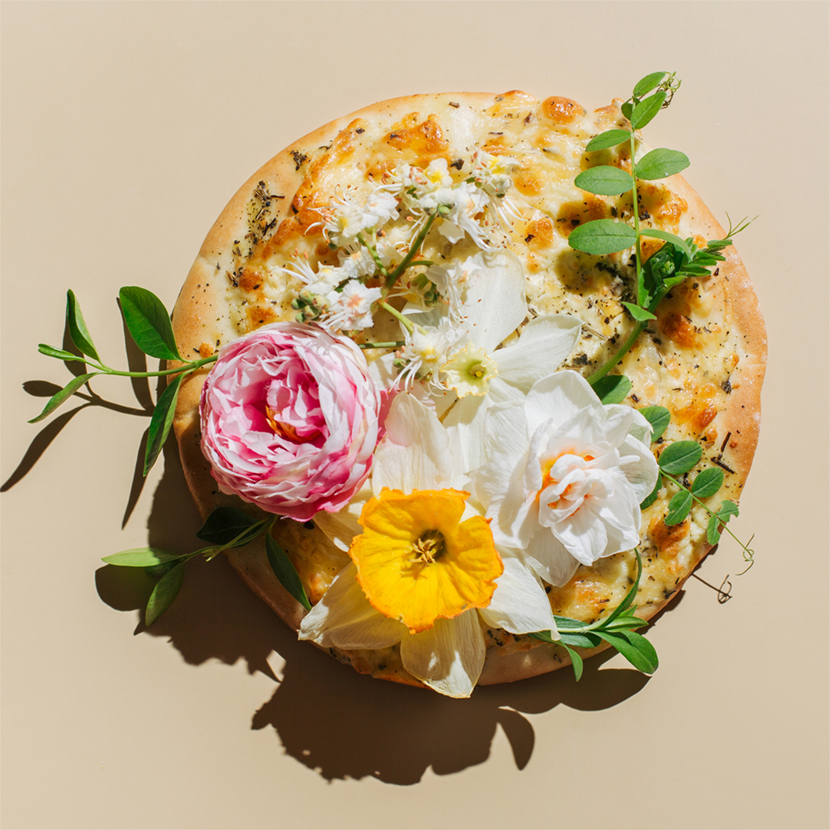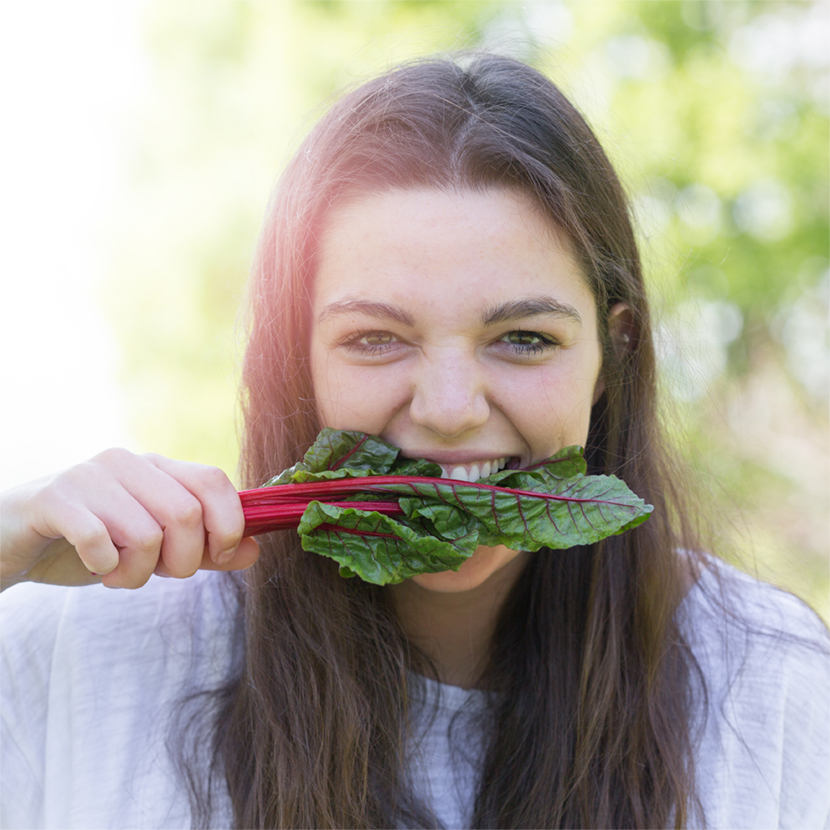VEGAN PERSONALITY
Donald Watson – A life dedicated to veganism


Donald Watson is regarded as the forefather of the word ‘Vegan’. In 1944, Watson and five others founded the VEGAN SOCIETY in Birmingham (UK), which still exists to this day. Watson dedicated his life to using it as a vehicle to win people over to a vegan way of thinking.
Of course, the vegan lifestyle wasn’t man-made. It is a natural form of diet, which is older than most of the languages that we speak today. For instance, Neanderthals in Southern Europe, unlike their relatives in Northern and Central Europe, ate a diet that was primarily vegan, something scientists were able to discover through residue on teeth from a cave in southern Spain.
Later, around 500 BC, the philosopher Pythagoras followed a vegetarian/vegan diet, much like somebody by the name of Siddhartha Gautama, better known today as Buddha. Both were concerned with the feelings of all living beings, i.e. those of people and animals, and their ¬views led them to push a vegan/vegetarian diet.
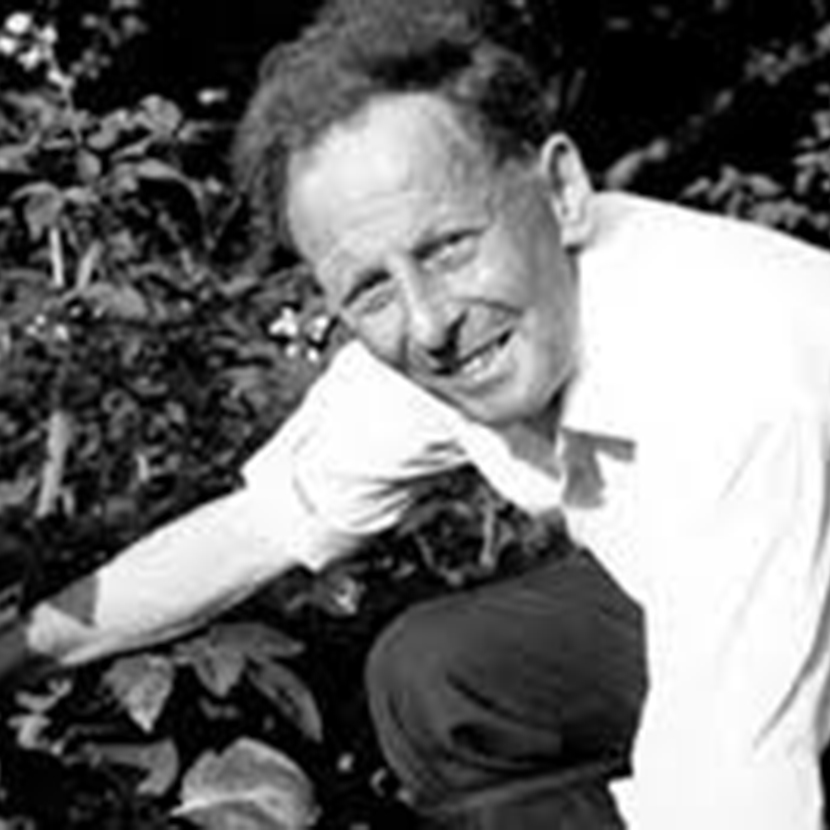
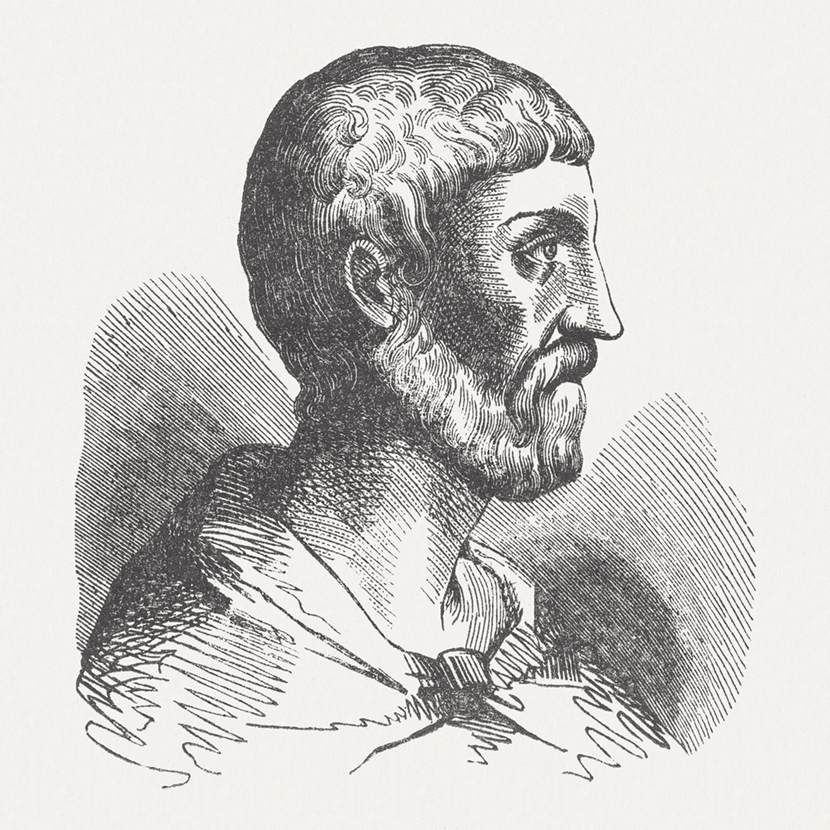
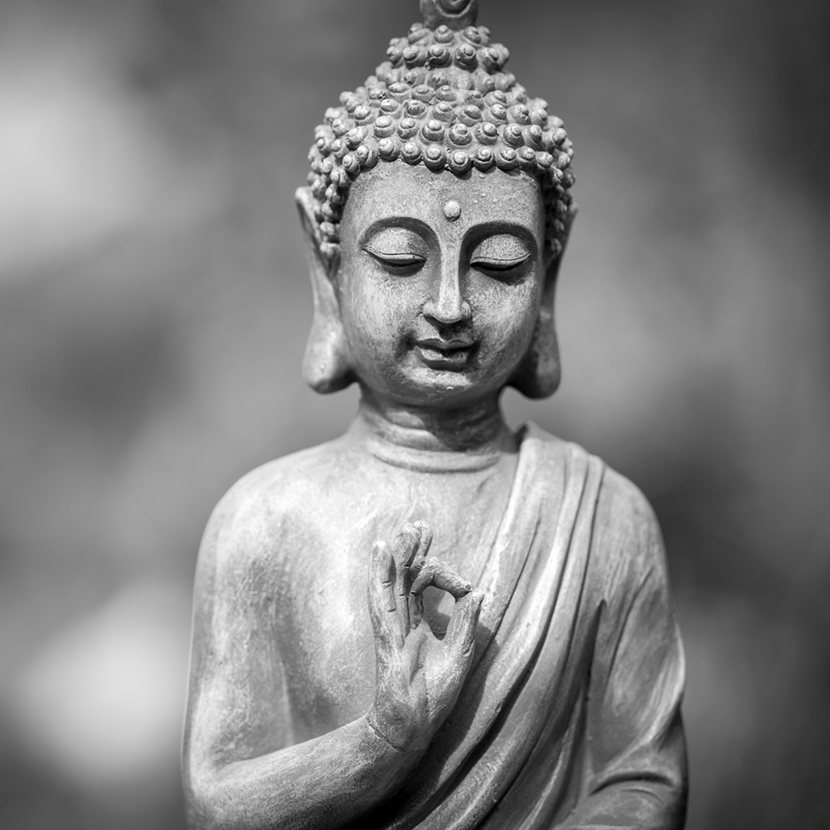
… About the origins of veganism
In 1806, when early concepts of modern-day veganism first emerged, Dr William Lambe and Percy Bysshe Shelley were the first Europeans to speak out against eggs and dairy products for ethical reasons. But ultimately, it was the son of a headteacher from South Yorkshire that gave the VEGAN his name.
Donald Watson was born in 1910 and grew up in the mining community of Mexborough in Yorkshire. Vegetarianism and veganism were unknown in his immediate environment. Nonetheless, his parents helped and encouraged young Donald and his siblings to lead a life of independence. Watson rejected the consumption of alcohol, cigarettes and other addictive substances throughout his life and was a committed pacifist.
Finding out what the pigs were for changed Donald Watson’s life
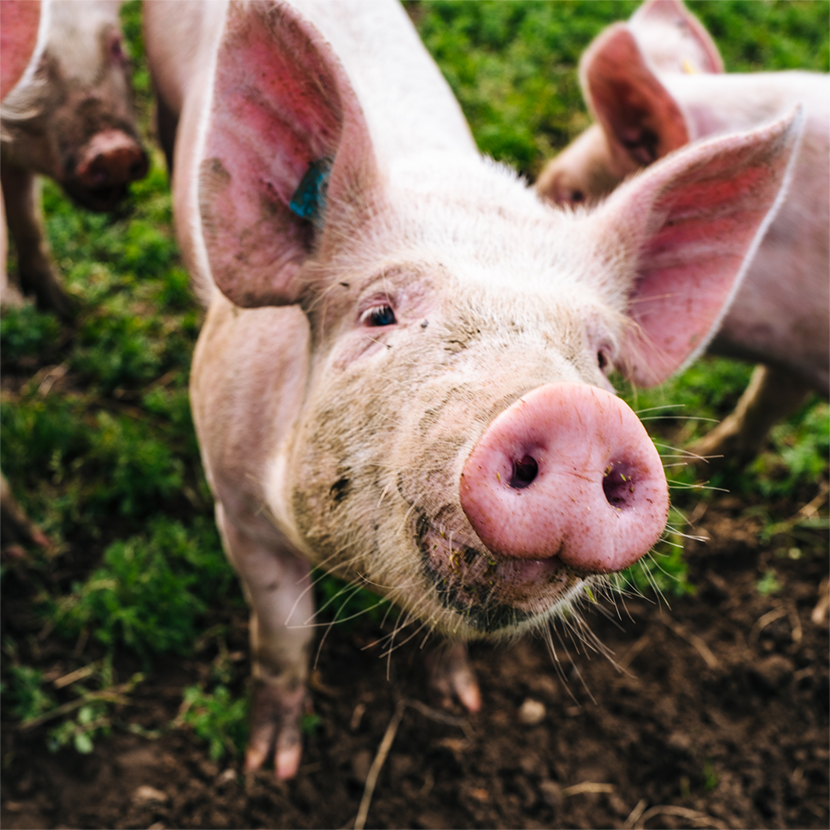
His interest in veganism started while he was very young during frequent visits to his uncle’s farm. He described these early experiences as follows: ‘I was surrounded by interesting animals. They all did something: one horse pulled the plough, another pulled the cart, the cows provided milk, the hens eggs and the rooster was a useful alarm clock – back then I didn’t know that they had another role. The sheep were used for wool. I could never understand why pigs were kept, but they were such friendly creatures – always happy to see me.’
Finding out what the pigs were for changed Donald Watson’s life fundamentally when he saw one of the pigs slaughtered. After that the fourteen-year-old decided to become a vegetarian. In the 1940s he looked into dairy production and decided to become vegan – only the word vegan hadn’t yet been invented at that point in time.
Vegan
In 1944 Watson, along with five other like-minded people, decided to set up a society that pursued two goals. Firstly “’to advocate for a human diet consisting of fruit, nuts, vegetables, grains and other healthy, non-animal products and for the exclusion of meat, fish, poultry, eggs, honey, animal milk, butter and cheese,’ and, secondly, ‘to promote the production and use of alternatives to animal raw materials’.
But this new venture needed a catchy name and so, the word VEGAN was created, composed of the first three and the last two letters of the English word vegetarian. The idea was to explain where vegetarianism started and ended and to highlight the splitting off from the well-established Vegetarian Society of the United Kingdom.
‘… my overriding feeling is one of enormous gratitude to veganism.’
Donald Watson always took a pragmatic approach to veganism; he saw it as a means of minimising suffering and never saw what they did as an end in itself for him or his fellow campaigners. Until his death in 2005, Watson categorically rejected attempts to interpret his intentions as seemingly religious and ‘puritanical’.
At the age of 92, Watson gave an interview where he explained his view of veganism again and expressed his gratitude to the vegan lifestyle. At his advanced age, he conceded that while he was no longer the best speaker, he could accept this given he was still capable of clearly recalling early memories of the First World War, still able to climb mountains on nice days, to live a life free of pain and illness and without food supplements and, to live 20 years beyond life expectancy in his own country. He went on to stress that, after having outlived all his critics, he was an even more enthusiastic vegan than ever before and felt that there were ‘…some major challenges ahead!… My overriding feeling if one of enormous gratitude to veganism’. (Quote from interview with George D. Roger, 2002)
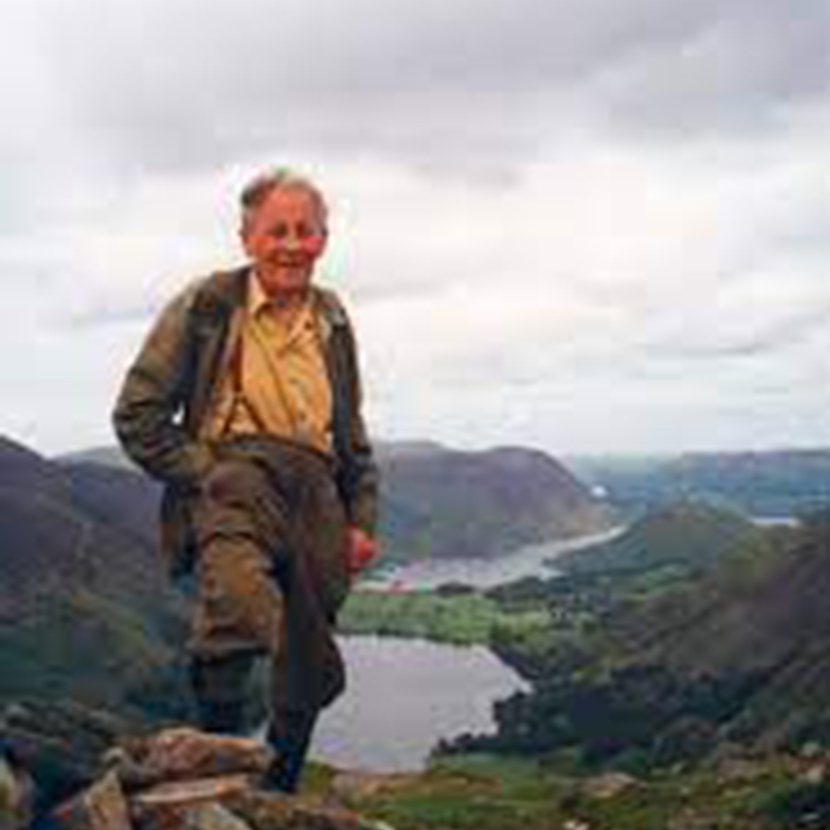
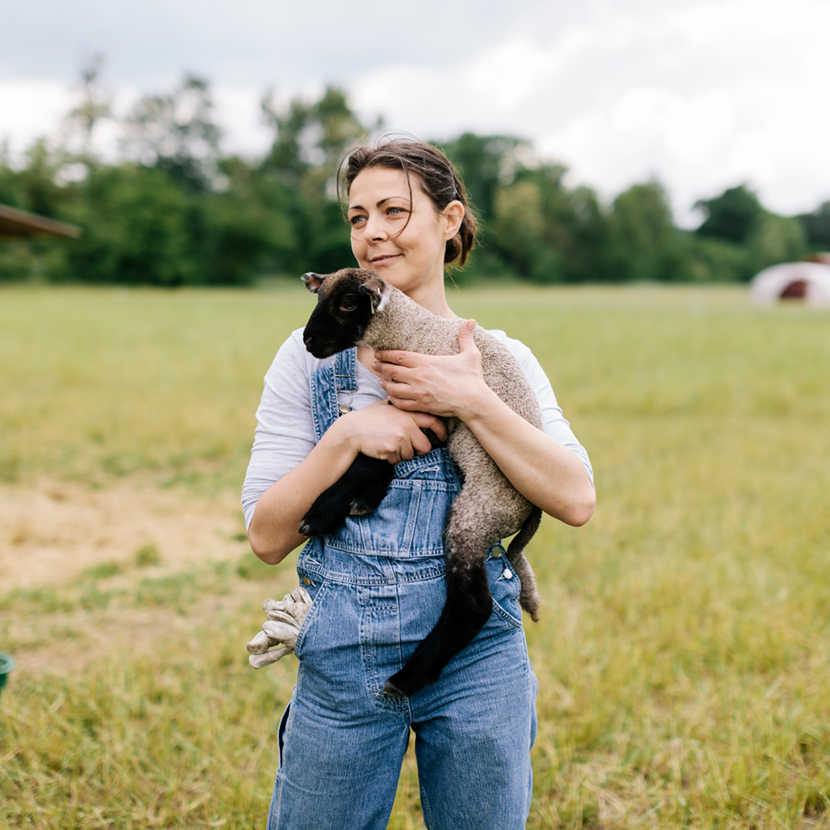
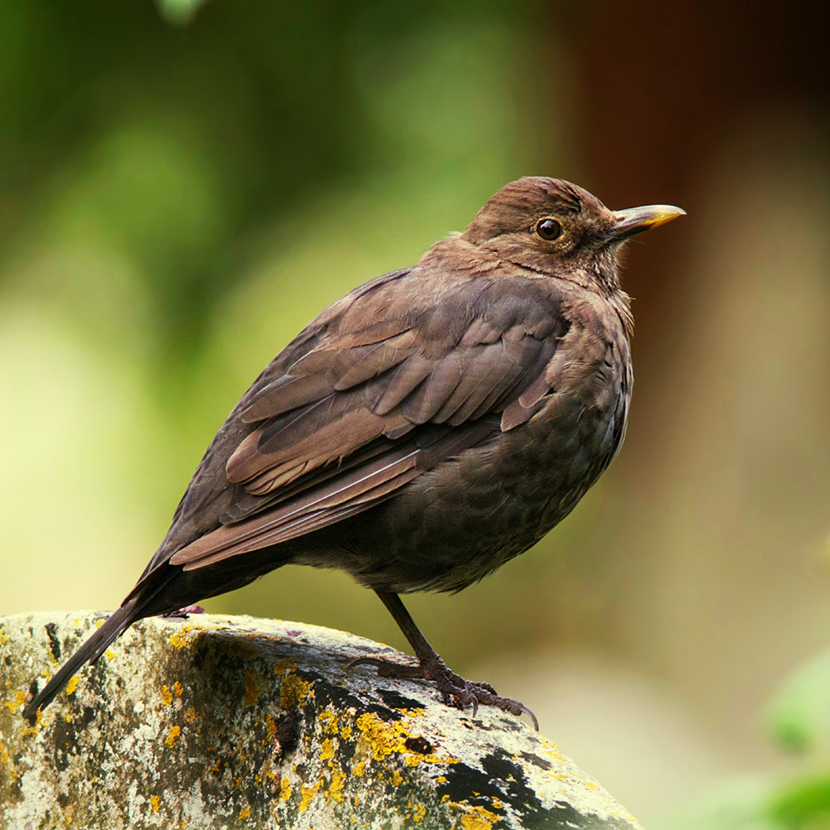
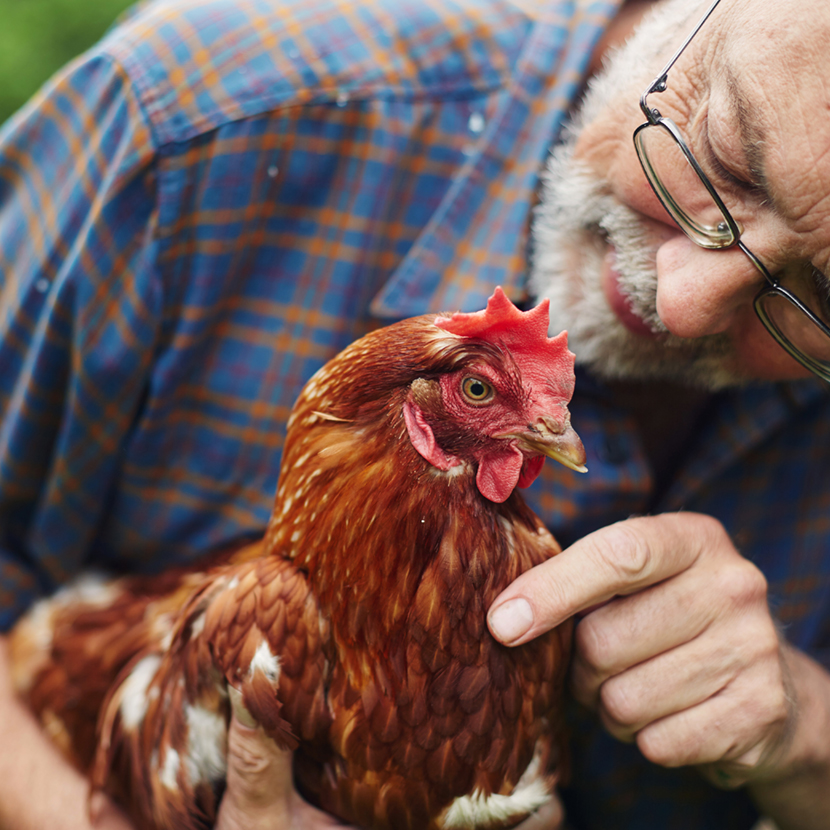
In the same interview Watson told a small story, as he put it, for all those that are of the opinion people should have a closer and more friendly relationship with the rest of creation. The story happened in the small conservatory where the interview with George D. Roger took place in 2002.
‚I was weeding in the garden the day after the conservatory was glazed…
… and found a dead blackbird – a male blackbird – whose flight path along the front of the terrace had been obstructed by this new construction with invisible glass. We buried the blackbird and, I don’t know if it was the next day or the day after, very soon after that we came and found a female blackbird – the brown blackbird – lying in the same place, not dead, but almost dead, with an eye hanging out that looked like a small pipe, it hung one or an inch and a half from her face. Well, I suppose many humanitarians would have thought the best thing to do in such a case would be to release it from its misery, but my wife and I had never killed anything, so we picked it up, carried it to the greenhouse, gave it a bowl of water, closed the door, and left it there for the night, safe in the knowledge that no predator could get to it. The next morning, of course, we expected to find her dead. To our surprise, however, she sat upright, the eye was back in place, we opened the door, and she flew out. But that’s not the end of the story! The most important part was yet to come. A few days later, my wife was hanging laundry on the line that ran across the bottom of our lawn. This blackbird flew alongside to the clothesline, and as it flew past my wife, it darted to the ground. Well, Dorothy came in and told me this story. She said that the blackbird probably remembered what we did, and that this was a ‘thank you’. And it didn’t end there either because it kept happening. My wife didn’t hang up laundry every day, but when she did, this blackbird, who lived somewhere in the garden, would come by, and do her little thank-you loop while flying by. We knew that birds and all other living things have feelings, but it was news that even a bird, a wild bird, could show a sense of gratitude. And I’ve been thinking about it ever since. Perhaps that’s why St. Francis and other people long ago had such an intimate relationship with the creatures among which they lived. I think if I am up to the story, it ought to be recorded, even if it is briefer than I described. Well, it’s here it happened! It was that window there!’
Whatever the reason someone opts to lead a vegan way of life, it has greater significance for the wider world around us than any individual could ever imagine.
